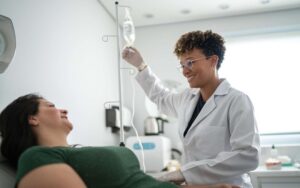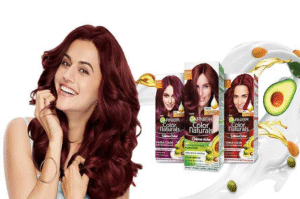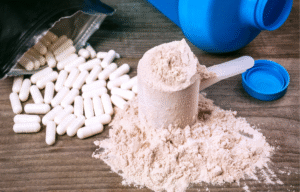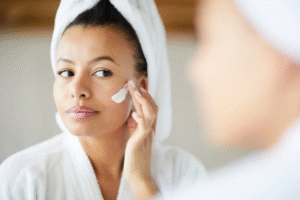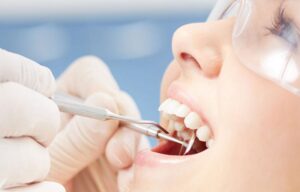Ultherapy: The Non-Invasive Way to Lift and Tighten Your Skin
4 min read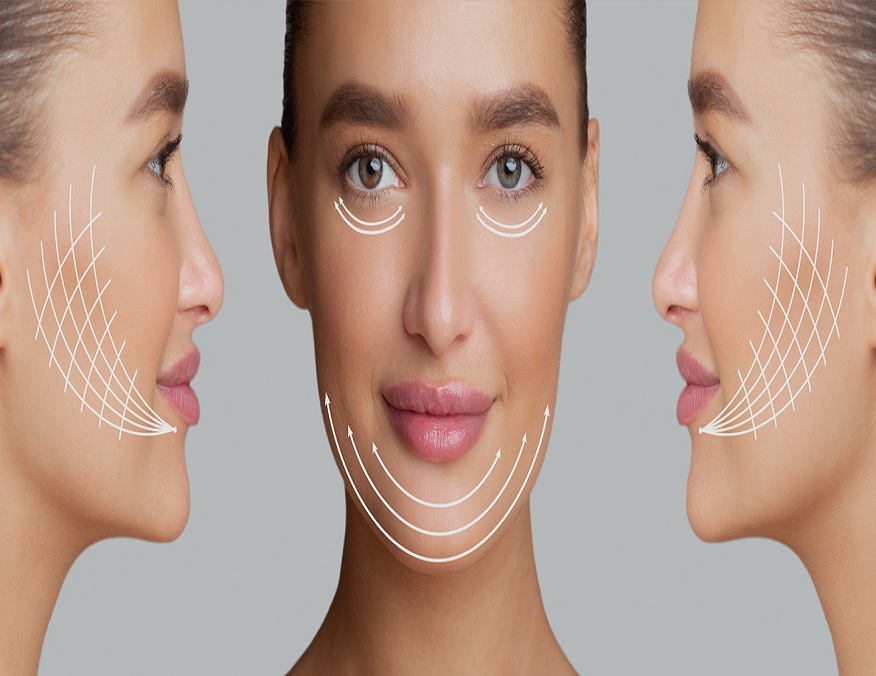
Introduction
In the quest for youthful and radiant skin, many people are turning to non-invasive treatments that offer impressive results without the need for surgery. One such treatment gaining popularity is Ultherapy. This essay will examine the world of Ultherapy, explain how it functions, and delve into its many advantages and factors. So, if you’re searching for a secure and efficient method to tighten and lift your skin, keep reading to learn about Ultherapy’s miracles.
What is Ultherapy?
Ultherapy is a revolutionary non-surgical cosmetic procedure that utilizes ultrasound technology to stimulate collagen production deep within the skin. It is FDA-approved and has been clinically proven to lift and tighten sagging skin on the face, neck, and décolletage. Unlike traditional facelifts, Ultherapy targets the foundational layers of the skin, providing a natural and gradual improvement over time.
How does Ultherapy work?
The key to Ultherapy’s effectiveness lies in its ability to harness the power of ultrasound. A handheld device is utilised during the treatment to deliver concentrated ultrasound energy to the desired locations. This radiation heats the underlying tissue without harming the skin’s outer layers, which encourages the synthesis of collagen. Collagen is a vital protein that provides structure and elasticity to the skin, and its regeneration helps lift and tighten the treated areas naturally.
Benefits of Ultherapy
1. Non-invasive: Ulthera offers a non-surgical alternative to traditional facelifts, eliminating the need for incisions and anesthesia.
2. Natural results: The gradual improvement provided by Ultherapy ensures a natural-looking outcome, avoiding the “overdone” appearance often associated with surgical procedures.
3. Minimal downtime: Unlike surgery, Ultherapy requires minimal downtime, allowing patients to resume their regular activities shortly after the procedure.
4. Versatility: Ultherapy can be used to target various areas, including the face, neck, and décolletage, addressing multiple concerns with a single treatment.
5. Longevity: The collagen stimulated by Ultherapy continues to rebuild over time, providing long-lasting results that can endure for up to a year or more.
6. Safety: Ultherapy is FDA-approved and has a proven safety record, making it a reliable choice for those seeking skin rejuvenation without surgery.
Who can benefit from Ultherapy?
Both men and women who want to look younger and enhance the appearance of sagging skin can benefit from ultherapy. People who have mild to moderate skin laxity in their neck, décolletage, and face can benefit most from it. However, in order to ascertain whether Ultherapy is the best choice for your particular circumstances, it is imperative to speak with a licenced healthcare expert.
The Ultherapy procedure
Before undergoing Ultherapy, a consultation with a trained specialist is necessary to assess your skin and discuss your aesthetic goals. The targeted locations will be cleaned throughout the treatment, and a small layer of ultrasonic gel will be placed. The handheld gadget will then be used to precisely direct ultrasonic radiation to the deep layers of the skin. As the ultrasonic energy stimulates collagen formation, you can feel a mild tingling or warming feeling. The process might take anywhere between 30 minutes and two hours, depending on the areas that need to be treated.
Risks and side effects
While Ultherapy is considered a safe procedure, there are some potential risks and side effects to be aware of. These can include mild discomfort during the treatment, temporary redness or swelling, bruising, or numbness in the treated areas. Usually transient, these symptoms disappear on their own. When the operation is carried out by a competent specialist, more severe side effects including burns or nerve damage are extremely unlikely to happen.
Results and longevity
The results of Ultherapy are not immediate, as the collagen production and remodeling process takes time. Over the ensuing weeks and months, there will be a gradual improvement, with the best benefits showing up three to six months after therapy. The results can continue up to a year or longer, though this depends on the individual. To maintain the desired outcome, periodic touch-up treatments may be recommended.
Cost of Ultherapy
Generally, Ultherapy is more cost-effective than surgical alternatives, making it an attractive option for those seeking skin rejuvenation.
Frequently Asked Questions (FAQs)
1. Is Ultherapy painful?
- Some people can feel a little tingly or uncomfortable throughout the process. Any soreness is, however, typically brief and easily handled.
2. Are the results of Ultherapy permanent?
- While Ultherapy provides long-lasting results, the natural aging process will continue over time. Periodic touch-up treatments can help maintain the desired outcome.
3. Is there any downtime associated with Ultherapy?
- No, Ultherapy requires minimal downtime. You can resume your regular activities immediately after the procedure.
4. How many Ultherapy sessions are needed?
- The number of sessions required depends on various factors, including the individual’s skin condition and desired results. In most cases, one session is sufficient, but additional treatments may be recommended for optimal outcomes.
5. Is Ultherapy suitable for all skin types?
- Yes, Ultherapy is suitable for all skin types, including light, dark, and everything in between. It is a versatile treatment that can be customized to address individual needs.
Conclusion
Ultherapy offers a remarkable solution for individuals seeking non-surgical skin tightening and lifting. Ultherapy offers natural-looking results with little downtime because of its capacity to promote collagen creation deep under the skin. Ultherapy can assist you in achieving a more young and revitalised appearance, whether you are concerned about sagging skin on your face, neck, or décolletage. To find out more about this cutting-edge procedure and to find out how Ultherapy can rejuvenate your skin, speak with a licenced healthcare expert.

